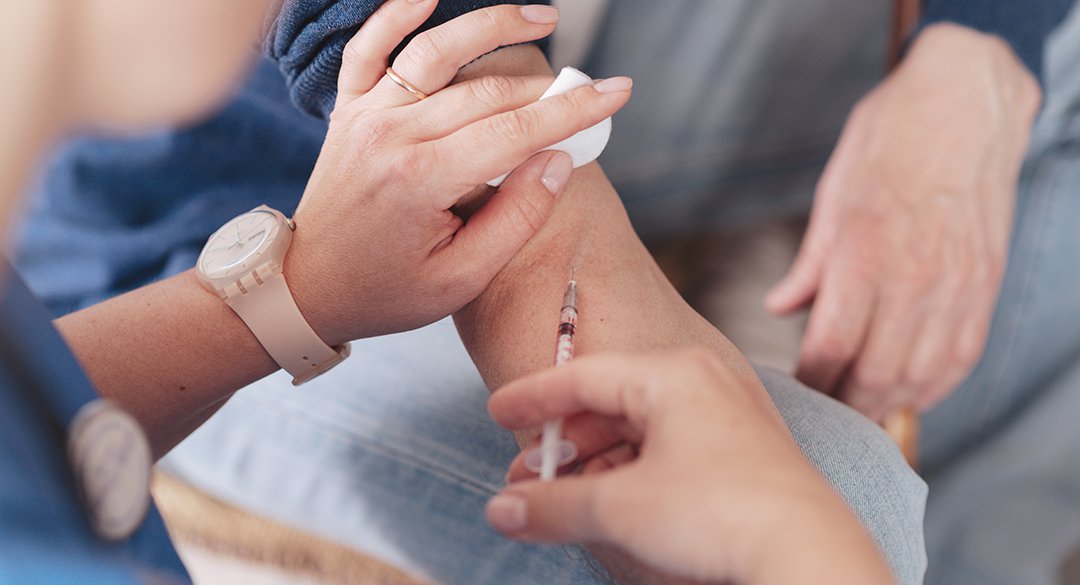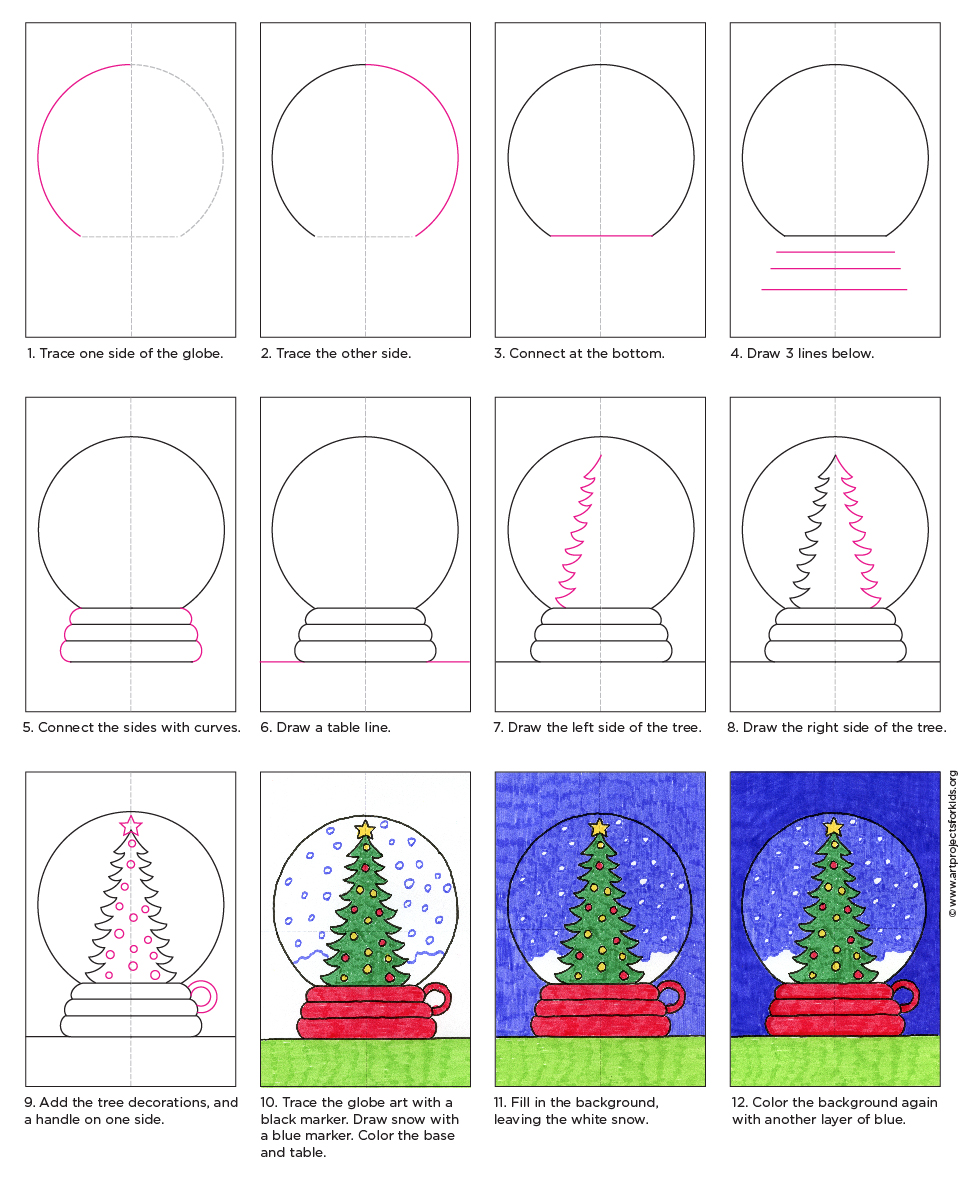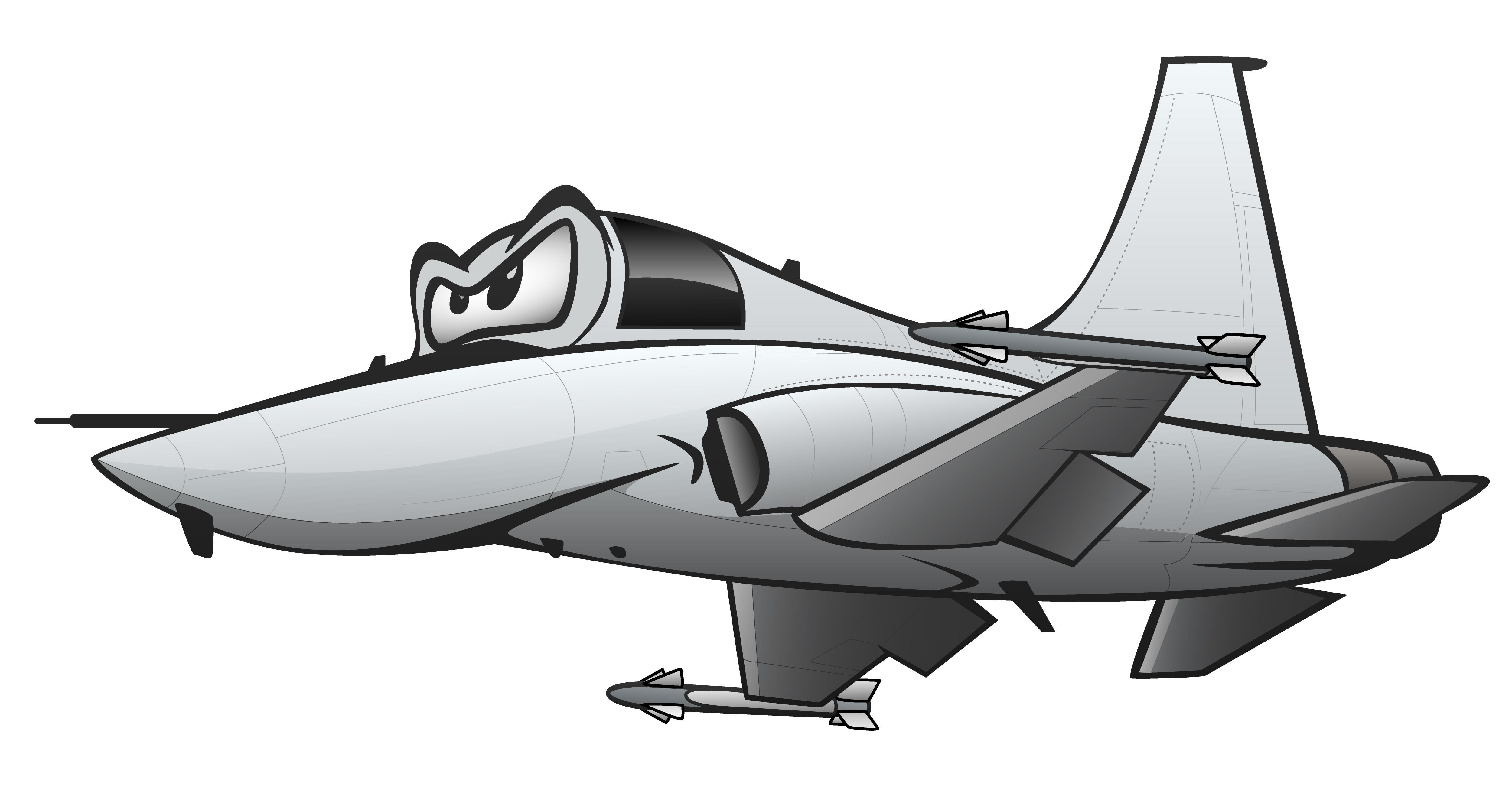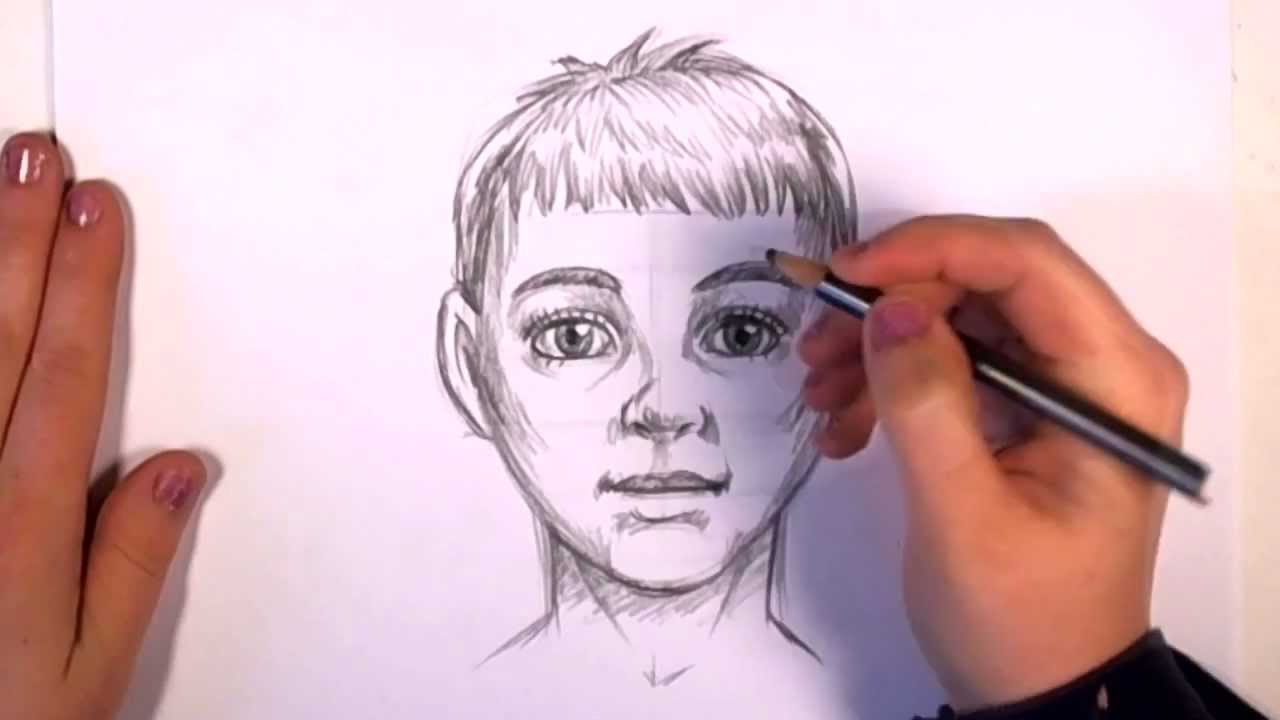Forced blood draw what you need to know 2021
Table of Contents
Table of Contents
Are you going for a blood draw soon and unsure of how long you need to fast? Fasting before a blood draw is a routine practice that often raises questions, but don’t worry - we’ve got you covered. This post will guide you through how long to fast before a blood draw, and everything you need to know about it.
Pain Points
Getting blood drawn is not something that most people enjoy, and fasting before a blood draw can add another layer of inconvenience. When the patient is required to fast, it can mean avoiding food and drinks for several hours or even overnight, which can be uncomfortable and difficult, especially if the patient requires routine blood work.
How long to fast before a blood draw?
The most common practice is to fast for 8-12 hours before a blood draw, depending on the type of test being done. This means avoiding all food and beverages except water during this period. Fasting is typically necessary for blood tests that measure glucose and triglyceride levels, cholesterol levels, and certain liver function tests. However, if the patient is taking medication or has any medical problems, they should consult with a healthcare professional to determine the best fasting time for their specific case.
Summary of Main Points
Fasting before a blood draw is a routine practice that is necessary for certain blood tests, including those for glucose, cholesterol, and liver function. The general rule is to fast for 8-12 hours before the test, depending on the specific test being performed. However, fasting times may vary based on the patient’s medical history and medication use.
What happens if I don’t fast before a blood draw?
If you don’t fast for the required time before a blood draw, it can interfere with the accuracy of the results. Understandably, you might feel uncomfortable and unwilling to fast, but remember that accurate test results are essential for diagnosing diseases and helping your doctor create a treatment plan. If you forget to fast or are unable to fast, notify your healthcare provider, and they can either reschedule the test or decide if the results can be interpreted based on the patient’s consumption of food and beverage.
The Importance of Fasting
For some tests, such as glucose or cholesterol tests, fasting before the blood draw is essential, as it shows the results of the blood after a period of time without food or beverage intake. Fasting helps to ensure that the test results are accurate, and any abnormalities are not a result of your most recent meal.
When should I stop fasting before a blood draw?
Usually, fasting is necessary for 8-12 hours before a blood draw, but it’s helpful to understand when to break the fast. You should break the fast after the blood draw, once the test is complete. Eating may help with dizziness after the procedure, and it’s also essential to stay hydrated by drinking plenty of water throughout the day.
Question and Answer
Q: Can I drink water while fasting for blood work?
A: Yes, you can drink water during your fast. Staying hydrated is essential, especially if you are fasting for an extended period. Q: Can I have black coffee when fasting for blood work?
A: No, you shouldn’t have any coffee or any other beverage aside from water before a fasting blood test. Q: Can fasting before a blood test cause low blood sugar?
A: While fasting, blood sugar levels may drop below normal. However, this is not a significant risk for most people, but if you experience hypoglycemic symptoms, such as dizziness or fainting, while fasting, you should inform your healthcare provider. Q: Can I take my medication while fasting for blood work?
A: You should consult with your doctor or healthcare provider about medication use during a fast. In most cases, taking medication won’t interfere with blood test results, but in some cases, medication use or timing may need to be adjusted. Conclusion
We hope this post has given you a better understanding of how long to fast before a blood draw and answered any related questions you may have had. Remember, fasting is necessary for certain blood tests to provide accurate results, and the time period may range from 8-12 hours depending on the exam being conducted. Follow your doctor’s instructions regarding fasting before a blood test to obtain the best possible results.
Gallery
7 Conseils Pour Faciliter Une Prise De Sang

Photo Credit by: bing.com / phlebotomy tourniquet faciliter blut erleichterung blutentnahme prélevé verywellhealth
Blood Draw Tuesday – Geoff Fox: My Permanent Record

Photo Credit by: bing.com / geofffox
How Long To Fast Before Blood Work? – HealthMatters.io – Lab Results

Photo Credit by: bing.com / fast biomarkers
Forced Blood Draw: What You Need To Know 2021

Photo Credit by: bing.com / blood draw forced need procedure know law
Getting Your Blood Drawn: What You Need To Know | One Medical

Photo Credit by: bing.com / pcr hcv hepatitis rna draw biopsy medical tes hipaa diagnostic diketahui lung polymerase rt medicalnewstoday gnm verywellhealth scientists widely allowing






